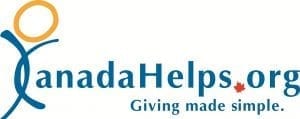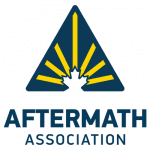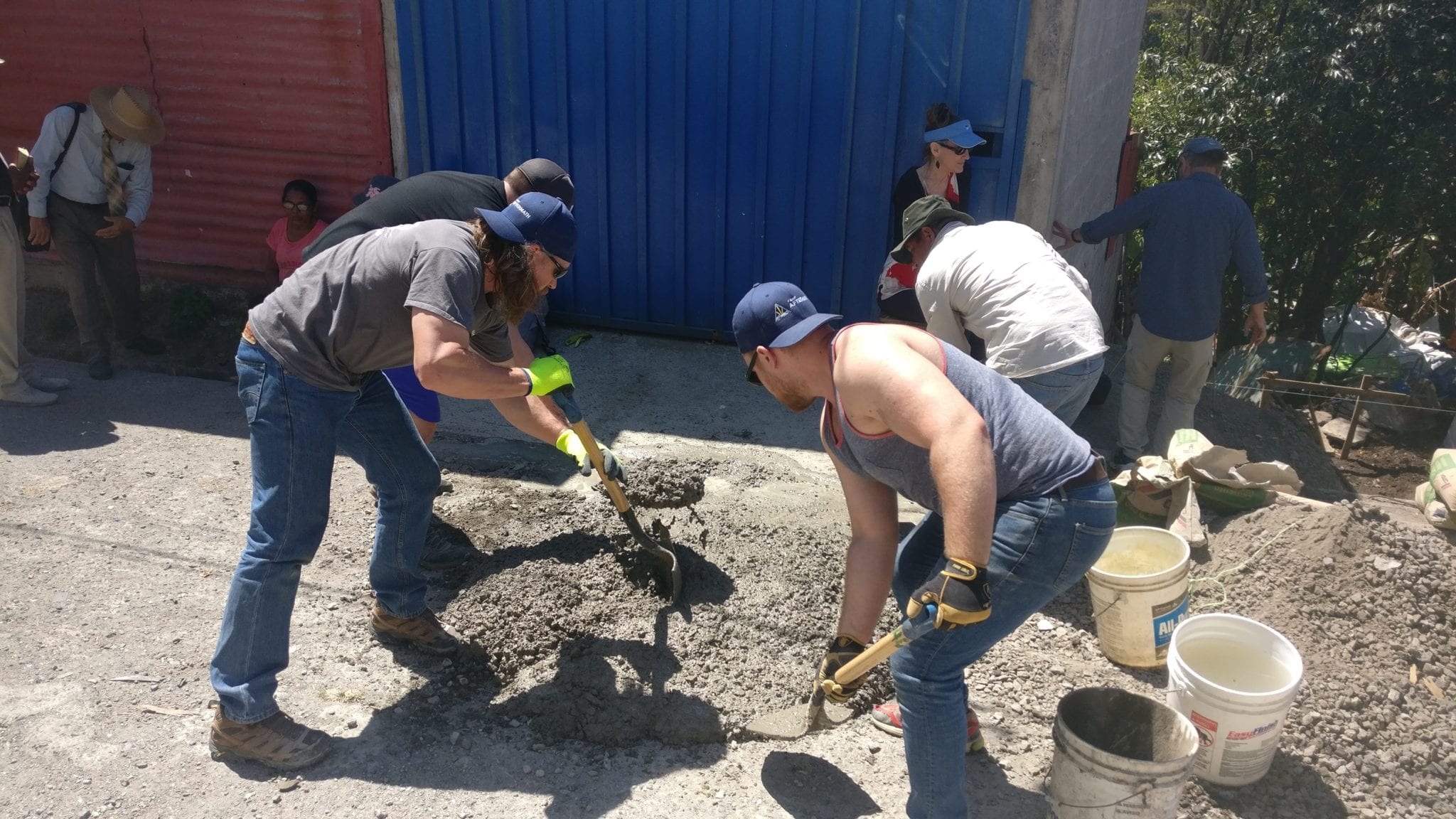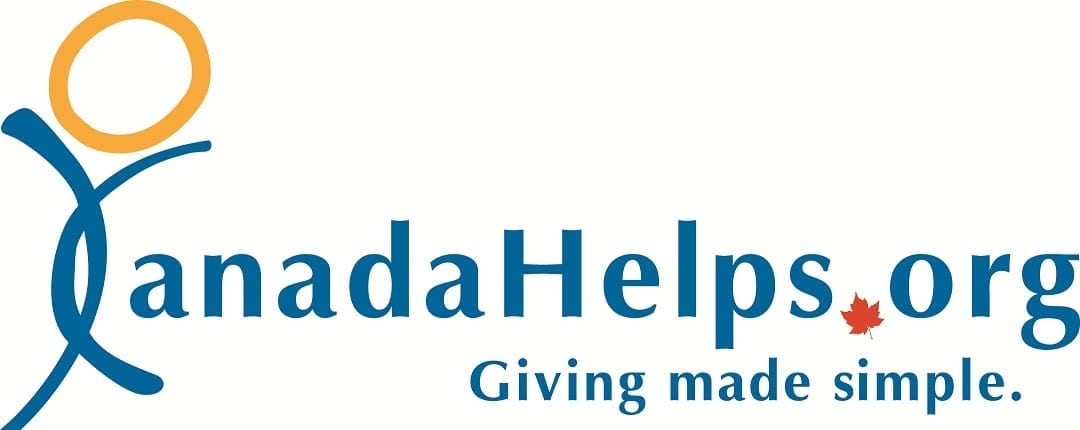The recently completed first rotation of Camp Aftermath participants represented four years of dedicated work by Camp Aftermath (CA) volunteers coming to fruition. As the case officer for this rotation, I took great pride in participating in this experience with both CA staff and Roto 1 participants. Our year-long program to assist veterans and first responders dealing with PTSD consists of three phases.
Phase 1 of Roto 1 started a few months before we met in Ottawa on 1 March 2019. There, the bonds among the participants began to form as they began to share their expectations and intentions, while also starting to build a foundation of trust within the group. This was a crucial phase, as it set the stage for success in phases two and three.
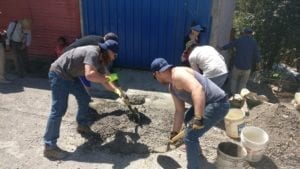 Phase 2 commenced in Costa Rica on 3 March and focused on participants healing oneself by helping others. Our participants volunteered in the slums of La Carprio, helping less fortunate refugees; they volunteered at a dog sanctuary; and tey volunteered at a reforestation initiative in the tribal mountains of Costa Rica. Watching the participants give so selflessly to others, while at the same time sharing their most raw and traumatic experiences, was a truly inspiring experience.
Phase 2 commenced in Costa Rica on 3 March and focused on participants healing oneself by helping others. Our participants volunteered in the slums of La Carprio, helping less fortunate refugees; they volunteered at a dog sanctuary; and tey volunteered at a reforestation initiative in the tribal mountains of Costa Rica. Watching the participants give so selflessly to others, while at the same time sharing their most raw and traumatic experiences, was a truly inspiring experience.
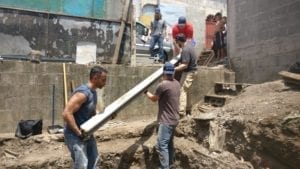
Phase 3 began following Roto 1’s return to Canada on 13 March; this was the beginning of the one-year follow-up portion of our program. For the next year, through regularly scheduled weekly digital meetings and agreed upon physical meetings, the group holds one another accountable for the goals that were set while we were in Costa Rica. These short-term goals include promises of improvement in our vocational, personal, and spiritual lives, as well as working with charities in Canada, as we believe that active philanthropy can help with the long-term management of PTSD. Phase 3 is by far the most important phase and it’s also my favorite phase; it is what makes us unique among other programs. During this year-long follow-up, we help participants avoid isolating their positive experiences only to the Camp Aftermath itinerary in Costa Rica; rather, we want them to continue making progress and inroads upon their return to Canada. By holding each other accountable on a regular basis, we aim to keep the momentum going from Roto 1’s experiences during the Camp Aftermath itinerary into their daily lives in Canada.
Through the hardships, both mental and physical, during the first two phases, I have gained not only friends but brothers. This bond is not only for comfort but for accountability. It is through accountability and discipline that we are enabled to better manage our stressors from the past while being better equipped to deal with any stressors that might arise in the future.
We are proud to have been able to work with our Roto 1 participants to help provide them with the necessary tools and strategies to address and overcome some of their mental anguish. Mental health is health; our main goal is to try and do our best to assist veterans and first responders regain their health after enduring traumatic experiences through active philanthropy.
Farid Yaghini,
Chairperson, Aftermath Association
______________________________________________________________________________________________________________________________________
How you can help
There are currently many amazing programs that focus on helping veterans and first responders suffering from PTSD. If you believe in our cause, please help us make a difference in the live of five military veterans and first responders slated to experience our three-phased program in early 2019. You can donate to our campaign on Canada Helps.